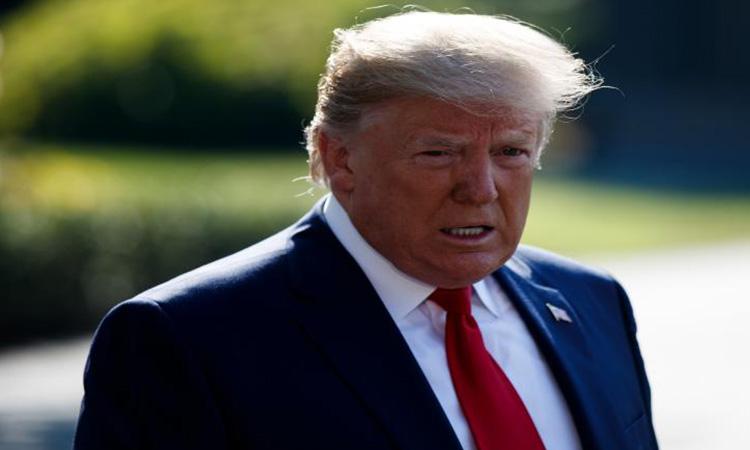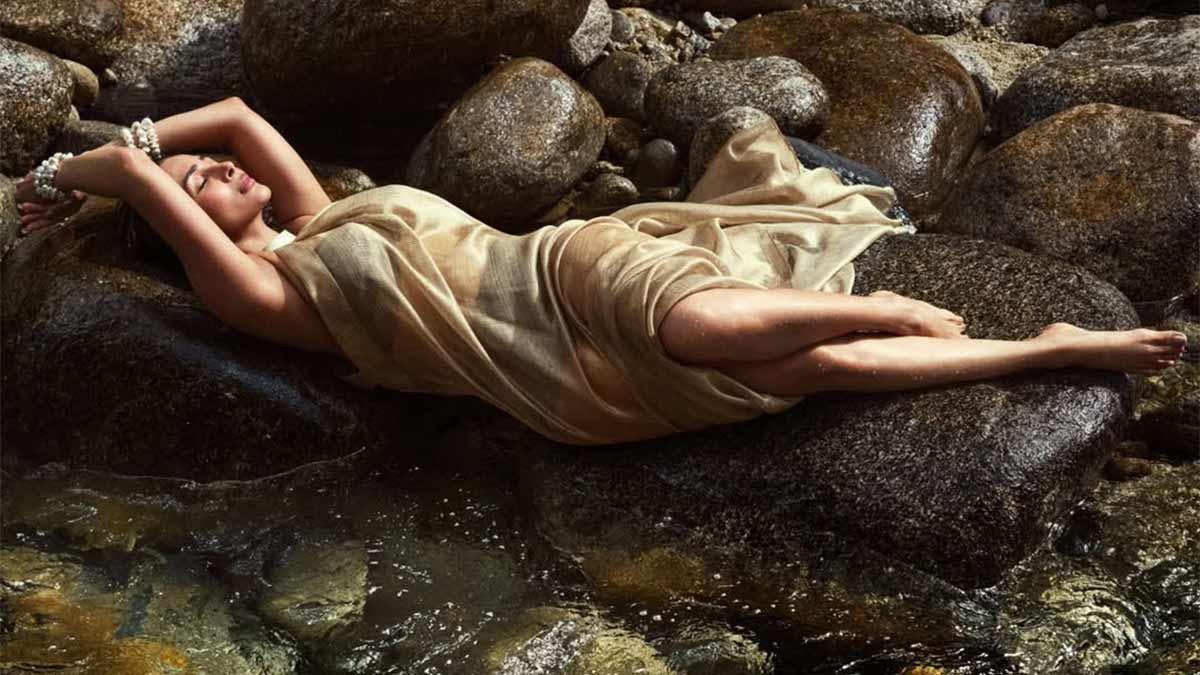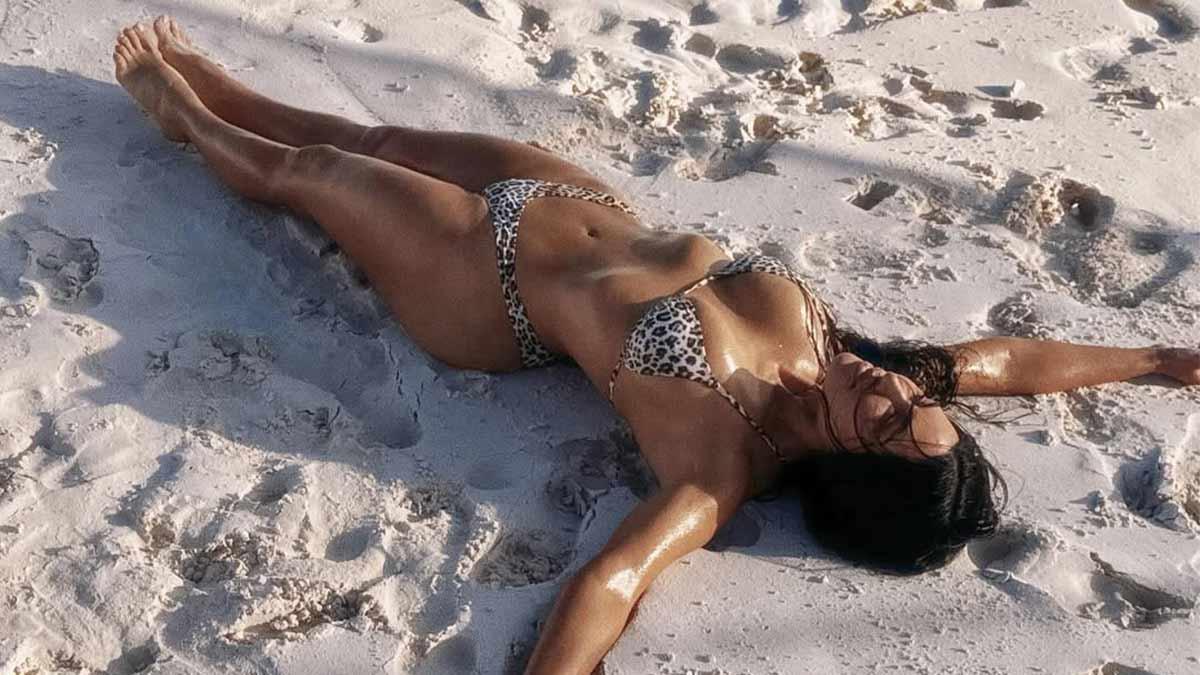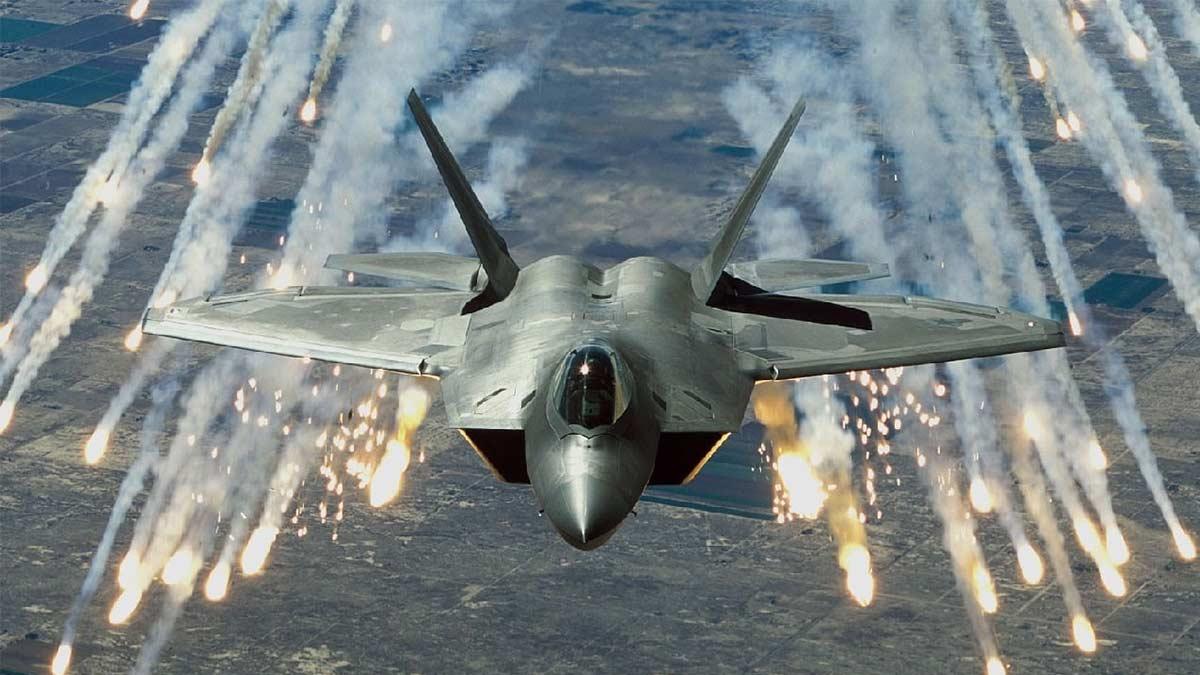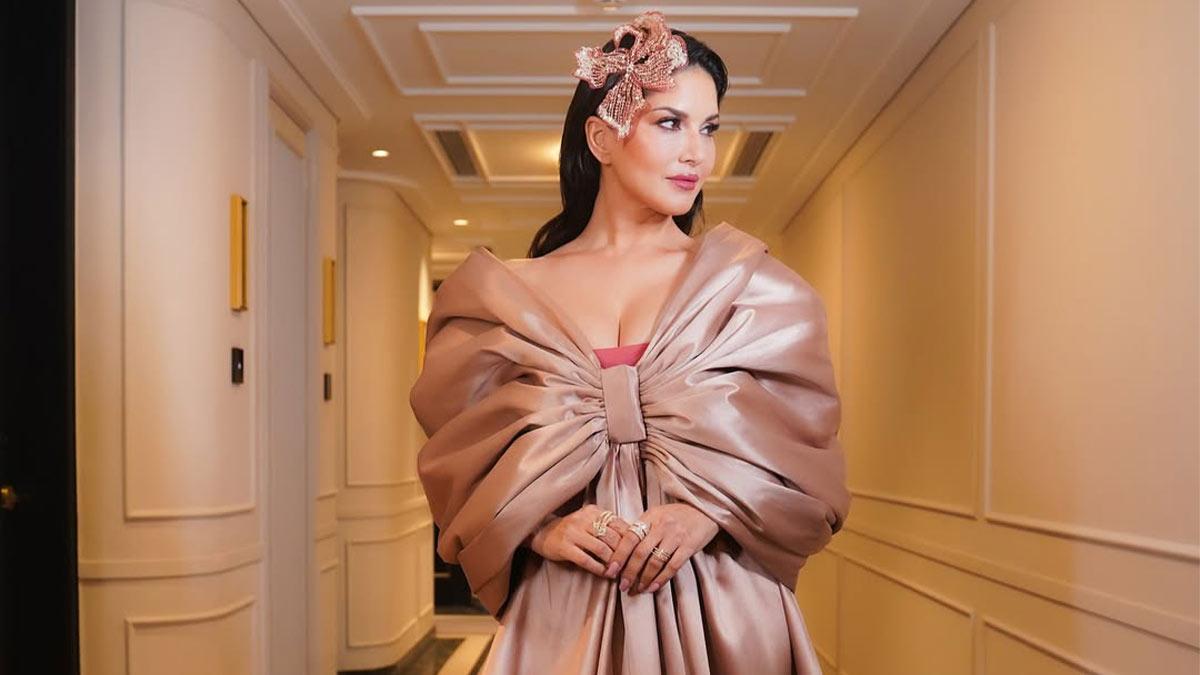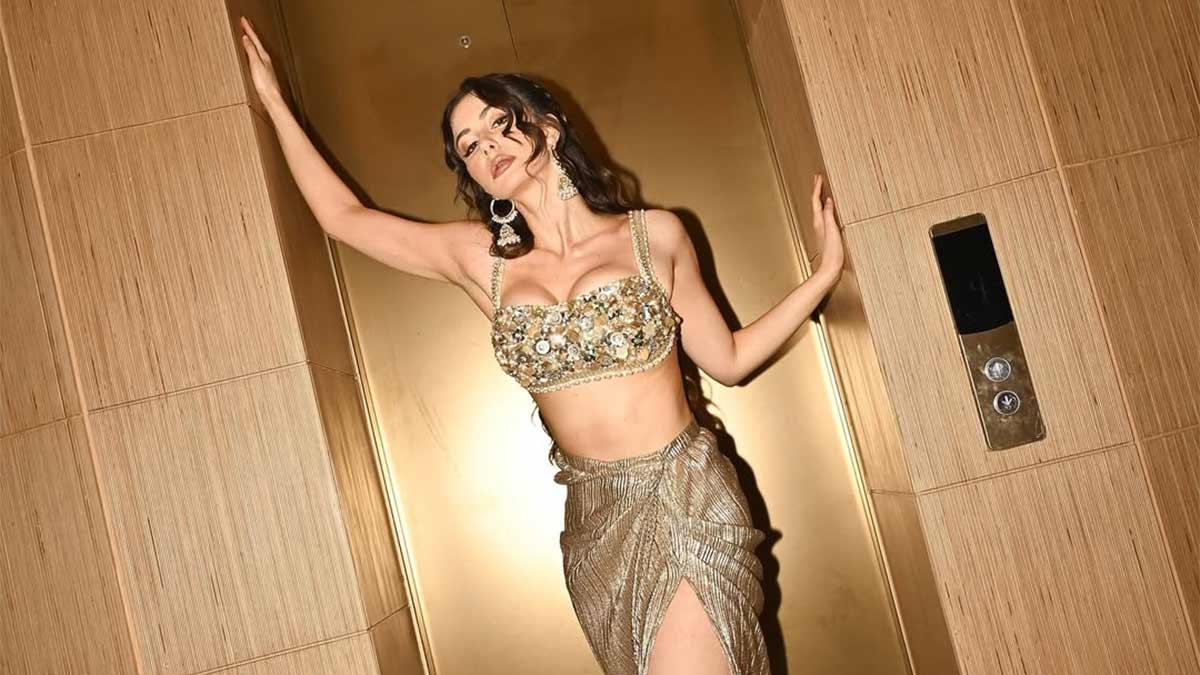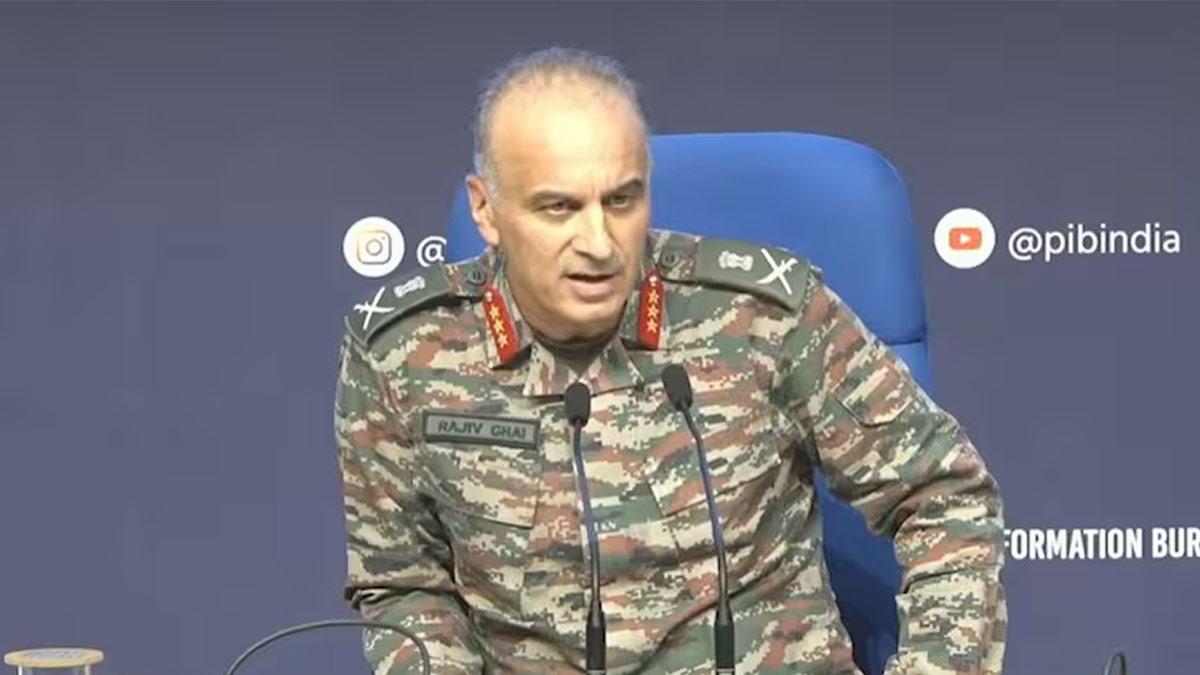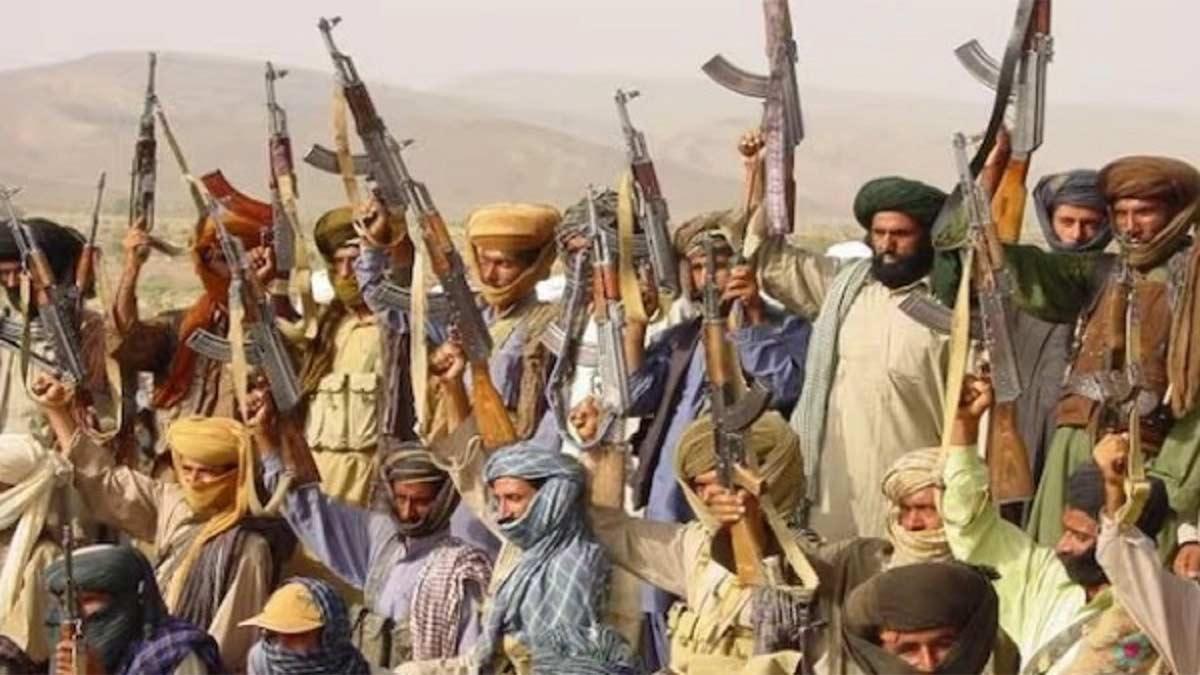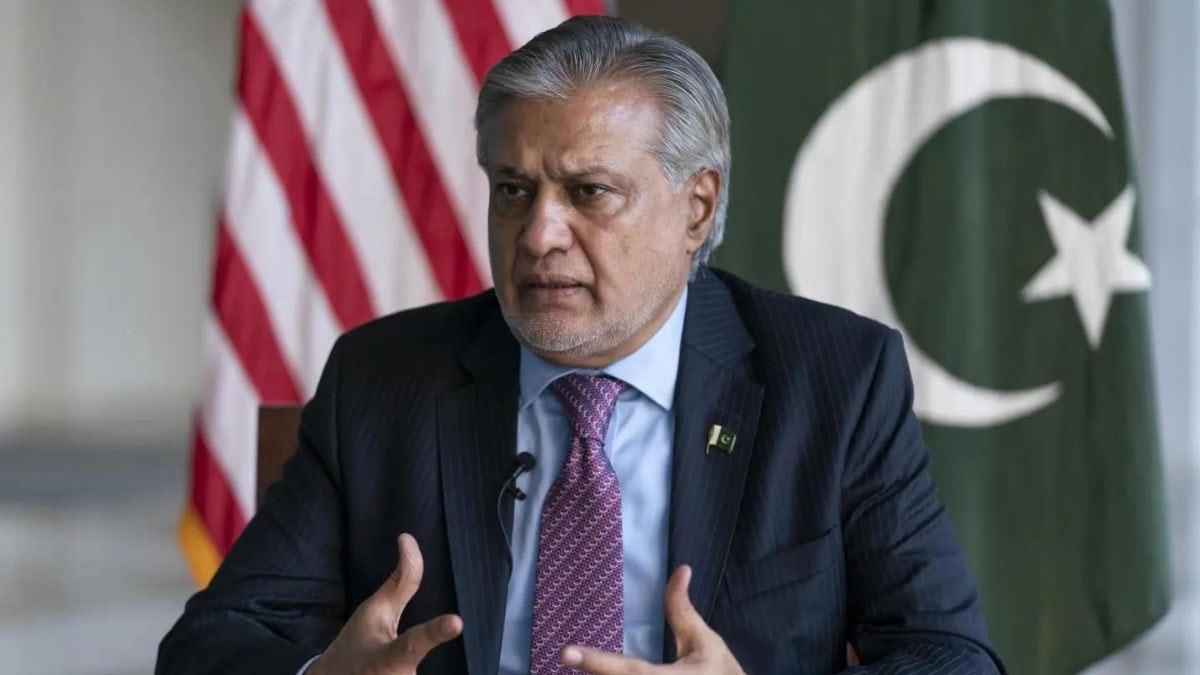In a recent development, the Department of Justice (DOJ) Special Counsel, Jack Smith, has firmly rejected former President Donald Trump's request to broadcast live the election subversion case.
Smith, in a comprehensive four-page filing on Monday, cited concerns that live TV coverage would turn the trial into a media circus, creating what he referred to as a "carnival atmosphere" that the former President desires.
Smith, urging the federal judge overseeing Trump's criminal election interference case in Washington DC, characterized Trump's request as a "transparent effort to demand special treatment, try his case in the courtroom of public opinion, and turn his trial into a media event."
Historically, courtrooms have been off-limits to media coverage since 1946. While certain pilot programs have experimented with recording civil proceedings, criminal cases have always been exempt.
Despite this, news outlets have appealed to US District Judge Tanya Chutkan, arguing that the exceptional nature of the case justifies an exception to this rule, which they see as a violation of the First Amendment. They contend that live video coverage would also help dispel conspiracy theories surrounding the case.
Interestingly, Trump's trial in Georgia's Fulton County, where he faces charges in a sweeping racketeering scheme along with 18 co-defendants, will be broadcast live. States have the authority to make their own broadcasting decisions for state cases, following a Supreme Court precedent that allows trials to be broadcast as long as the defendants' rights to due process and a fair trial are protected.
Initially, Trump took "no position" on televising the trial, as stated by his lawyers. However, in a surprising turn of events on Friday, he filed a motion asking Judge Chutkan to permit live broadcasting.
Trump's legal team argued that a televised trial is necessary because he is being treated "unfairly" by the Biden administration and claimed that Smith had "sought to proceed in secret" with the election case.
Contrary to these claims, news organizations have been providing extensive coverage of the DC election interference case, as well as Trump's other indictments and criminal charges. Smith, in response to Trump's request, argued on Monday that the former President's purported interest in providing "sunlight" on the judicial process contradicts the longstanding broadcast prohibition rules that high-profile federal criminal trials have adhered to while still receiving significant media coverage.
Smith emphasized, "The defendant peppers his response with various references to 'fairness,' but what he actually seeks is to defy a uniform and longstanding broadcast prohibition that was crafted precisely with fair and orderly trial proceedings in mind. He desires instead to create a carnival atmosphere from which he hopes to profit by distracting, like many fraud defendants try to do, from the charges against him."
This legal standoff highlights the clash between Trump's desire for a televised spectacle and the DOJ's commitment to maintaining the integrity of the judicial process. As the case unfolds, the nation watches closely, navigating the intersection of legal proceedings and media dynamics.
Also Read | US President Joe Biden Brushes Off Polls Indicating Trump Lead

